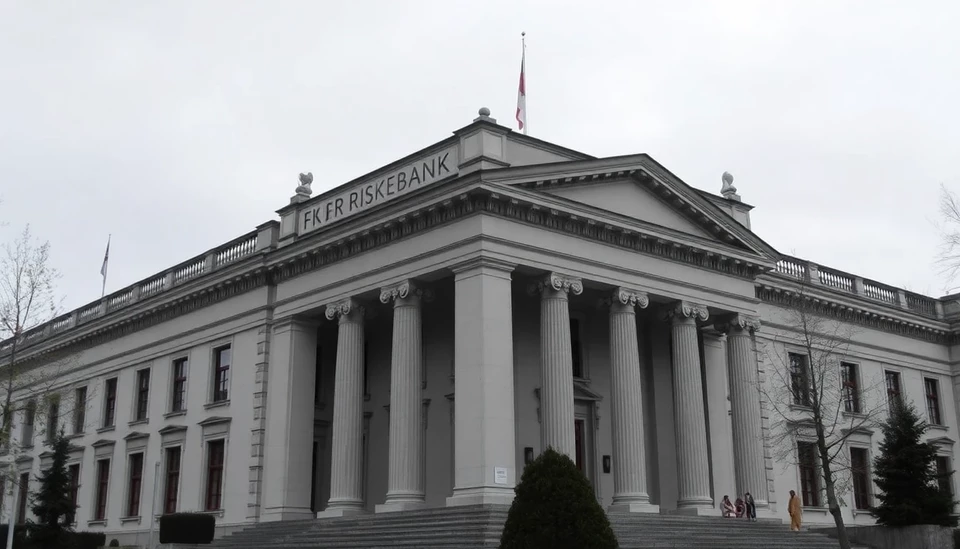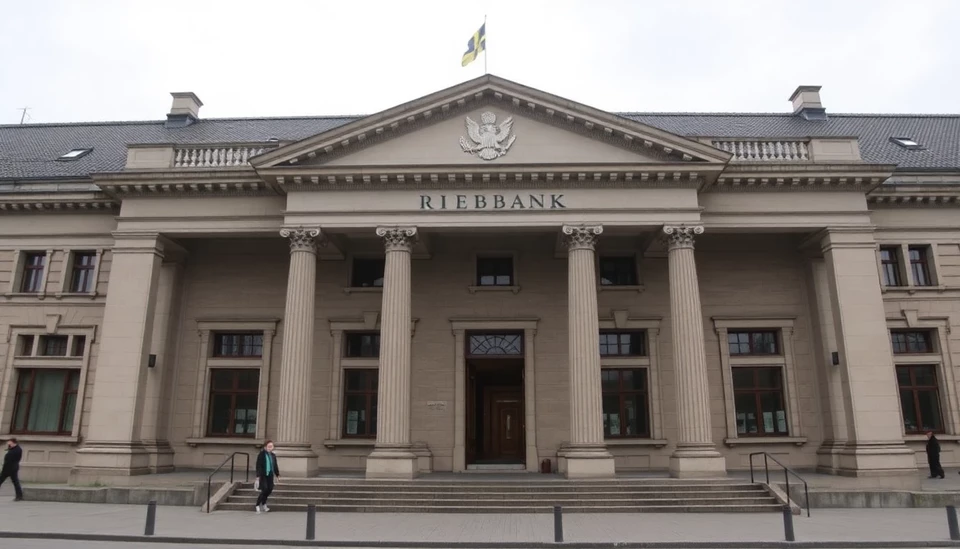
In a significant move, Sweden's central bank, the Riksbank, announced on March 20, 2025, that it will maintain its benchmark interest rate at 3.5%. This decision marks a pivotal moment in the bank's ongoing monetary policy, signaling that the easing cycle may have reached its conclusion. The Riksbank's Governing Board, led by the new Governor, has expressed confidence in the current stance and prioritizes stability amid ongoing economic fluctuations.
The decision to hold rates steady comes amidst a backdrop of persistent inflationary pressures that continue to challenge the Swedish economy. With inflation rates hovering around 4%, the Riksbank believes that keeping the rate unchanged will help anchor price stability and support economic growth. The central bank's commitment aligns with its long-term strategy to stabilize the financial landscape while navigating potential risks associated with a volatile international market.
Governor Anna Sjöström, in her remarks, underlined that the current rate is appropriate given the existing economic conditions. "We are observing the global economic landscape closely and will remain responsive to any changes," she stated. Sjöström emphasized that the Riksbank is prepared to adjust its approach if inflation does not show signs of retreating, affirming the bank's dedication to maintaining a careful and proactive stance.
Market analysts had anticipated this decision, given recent economic data indicating a cooling of consumer spending and a stabilization in the labor market. There is an overarching consensus among economists that the Riksbank's next steps will likely hinge on external economic factors, particularly developments within the Eurozone and how they may influence Swedish exports.
In considering future actions, the Riksbank remains watchful of the global environment, including the U.S. Federal Reserve's ongoing policies. As the world grapples with uncertainties such as geopolitical tensions and energy price fluctuations, Sweden's monetary policy will continue to adapt to ensure economic resilience. The Riksbank’s current viewpoint indicates an intention to carefully manage the balance between controlling inflation and fostering economic growth.
Ultimately, this latest announcement represents a crucial point for the Riksbank as it attempts to navigate a multifaceted economic landscape. Stakeholders in Sweden must now brace for the next developments, knowing that the central bank is set on a cautious path forward while keeping a vigilant eye on evolving economic indicators.
As we proceed through the year, all eyes will be on the Riksbank to see how its decisions will shape the future of Sweden's economy, the consumer market, and inflation trends. For now, the central bank's firm stance reflects a commitment to stability and a strategic pause in easing that many experts believe is necessary in these uncertain times.
#Riksbank #Sweden #InterestRates #MonetaryPolicy #Inflation #Economy #FinancialStability
Author: Laura Mitchell




